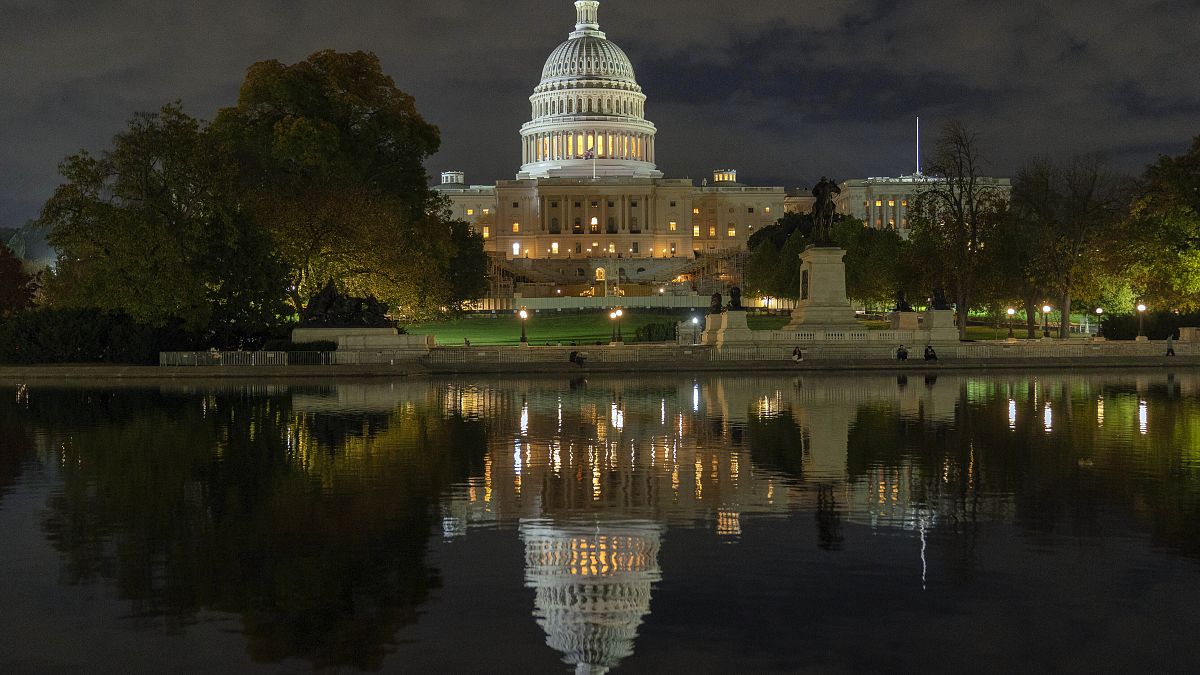The US political system is designed with checks and balances to prevent authoritarianism. The Constitution limits the president’s power, dividing the government into three branches: legislative, executive, and judicial. The president enforces laws made by Congress, can veto bills, issue pardons, sign treaties, and issue executive orders which can be challenged if they violate the Constitution.
Donald Trump has tested the limits of presidential power by diverting military funding to build the border wall and declaring a national emergency to bypass Congress. Trump also urged foreign leaders to investigate political rivals and pushed for investigations into perceived enemies. The Presidential Emergency Action Documents, known as the “US Doomsday Book,” contain executive orders prepared for emergencies but are not made public.
The Supreme Court has ruled that presidents may claim immunity from criminal prosecution for actions taken in office. While some Americans support the president’s ability to act autonomously, others see Congress as a necessary check on presidential power. Bypassing Congress can increase efficiency but also increases the risk of abuse of power.
The idea of the president using emergency powers to sidestep Congress has raised concerns about the potential for authoritarianism. While the system of checks and balances is meant to prevent this, recent events have shown that presidents can still push the limits of their power. The balance between executive authority and congressional oversight is a crucial aspect of the US political system.











